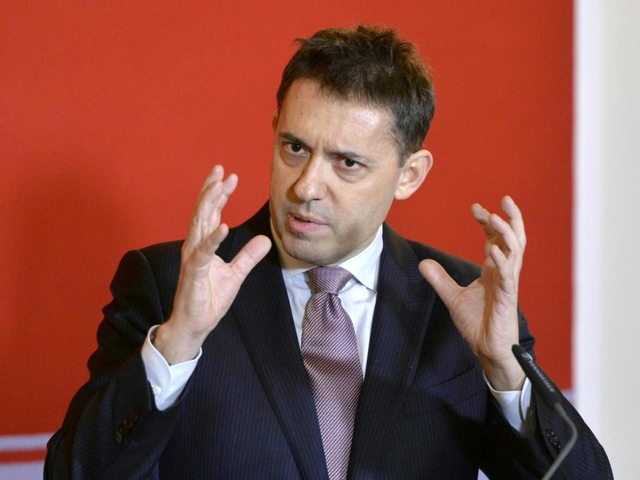What Austria pays its arts bosses
NewsThe national press agency has just published salaries for the top jobs.
Vienna State Opera – 269,200 Euros
Volksoper – 211,000
Salzburg Festival – 233,500
Bregenz Festival – 157,500
There may be additional emoluments that are not reported.






Comments